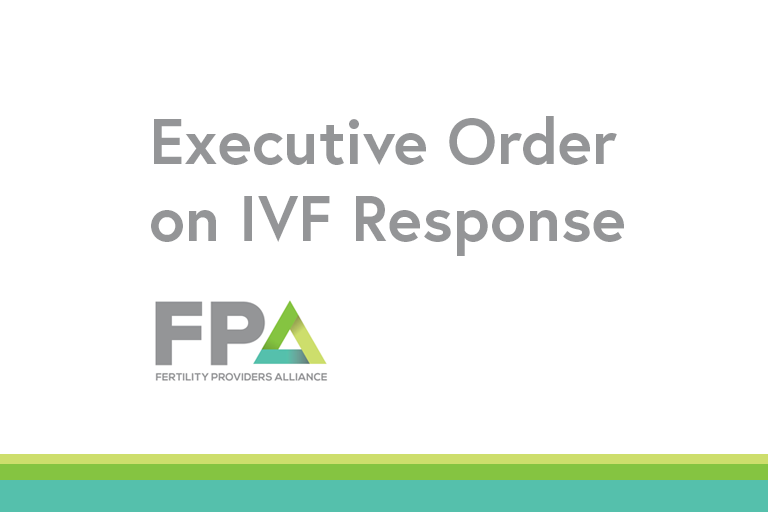Ectopic pregnancy
An ectopic pregnancy is any pregnancy that implants outside the uterus. During a normal pregnancy, an egg becomes fertilized by sperm inside the Fallopian tube. The fertilized egg travels down through the Fallopian tube and into the uterus, where it implants on the inside wall.
In most cases, an ectopic pregnancy takes place in a Fallopian tube where a fertilized egg becomes trapped and implants there. Although rarer, an ectopic pregnancy can also occur in other places such as on an ovary, within the cervix, or in the abdomen.
Schedule an AppointmentWhat is an ectopic pregnancy?
An ectopic pregnancy is one in which the embryo (a fertilized egg) does not implant in the uterus as it is supposed to but finds its way to surrounding areas and organs. Though an ectopic pregnancy can occur in the abdomen, ovary or cervix, about 95 percent of them occur in one of the fallopian tubes.
The embryo begins to implant at a certain time after it is created through fertilization. If it has been prevented from entering the uterus, it will implant where it is and try to grow as if it were in the uterus. This is a serious condition that can threaten the life of the woman if her fallopian tube ruptures and leads to massive internal bleeding.
Another term for an egg implanting in the fallopian tubes is a tubal pregnancy. Ectopic pregnancies are rare and occur in an estimated 20 out of every 1,000 pregnancies, or about 2 percent of the time.
What causes an ectopic pregnancy?
Ectopic pregnancies are typically caused by damage to the fallopian tube or by an abnormally shaped tube that does not allow the embryo to make its way from the fallopian tube where it was fertilized into the uterus. Although there is usually no full explanation for why an ectopic pregnancy occurs, there are risk factors that put certain women at a higher risk of ectopic pregnancy. These risk factors include:
- Having already had an ectopic pregnancy.
- Infection and inflammation – the fallopian tubes can become damaged and prone to ectopic pregnancies by infections such as pelvic inflammatory disease (PID), gonorrhea or chlamydia.
- Endometriosis.
- The embryo implantation step of in vitro fertilization (IVF) may increase some women’s risk.
- Previous abdominal surgery or fallopian tube surgery.
- Smoking cigarettes.
- Getting pregnant while using an intrauterine device (IUD).
Symptoms of an ectopic pregnancy
If you have any of the following symptoms of an ectopic pregnancy, call your doctor right away:
- Irregular bleeding after a missed period.
- Lower abdominal pain.
- Lower back pain.
An ectopic pregnancy can become a serious, life-threatening medical emergency if it’s not diagnosed and treated early. Your Fallopian tube can rupture from the growing embryo, resulting in severe pain, uncontrolled internal bleeding, and shock.
How an ectopic pregnancy affects fertility
An ectopic pregnancy can damage your Fallopian tube, which may reduce your chances for future normal pregnancies. Additionally, people who have had an ectopic pregnancy are at increased risk for a future ectopic pregnancy. Your doctor will discuss treatment options with you that can often increase your chance for a healthy pregnancy.
Diagnosing an ectopic pregnancy
Your medical history and a pelvic exam are helpful in diagnosing ectopic pregnancy. Additionally, you may need one or more of the following tests:
- hCG (human chorionic gonadotropin): A blood test that confirms pregnancy by measuring the amount of hCG (a hormone produced by pregnancy) in your blood; often, we repeat this test every 2 days.
- Ultrasound: A scan that uses high-frequency sound waves to visually confirm a pregnancy.
Treatment for ectopic pregnancy
Your treatment will depend on how early your physician discovers the ectopic pregnancy. If you’re in a lot of pain and have heavy internal bleeding, you will likely need emergency surgery to stop the bleeding. The surgery may involve either removing the embryo from your tube or removing the segment of the tube containing the embryo.
If a physician discovers the ectopic pregnancy early before the embryo has grown large enough to rupture your Fallopian tube, an injection of a medication called methotrexate may be an option. Methotrexate prevents the rapid division of cells in early pregnancy, thereby ending the pregnancy.
Take control of your fertility journey
An ectopic pregnancy doesn’t have to stand in the way of your dreams of parenthood. At RSC, we’re committed to helping you understand your condition, explore your options, and take confident steps forward.

















